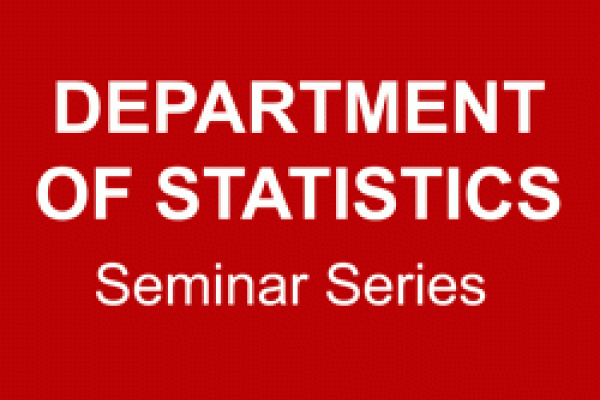
Title
Least Squares Estimation in Stochastic Biochemical Networks
Speaker
Grzegorz Rempala, Georgia Health Sciences University
Abstract
Stochastic biochemical reaction networks are often used in order to describe dynamics both in cell and population biology models. One of the important questions related to experimentally analyzing such networks is how to infer the true reaction rate parameters from observed time-series data. I will present some recent results on the asymptotic properties of the least-squares estimates (LSEs) under the so-called mass-action dynamics. The LSEs are assumed to be based on the longitudinal data from partially observed trajectories of a stochastic dynamical system, modeled as a continuous-time, pure jump Markov process. Under some regularity conditions, it may be shown that the vector of LSEs is jointly consistent and asymptotically normal, with the asymptotic covariance structure given in terms of a system of ordinary differential equations (ODE). The derived asymptotic properties hold true as the biochemical network size (the total species number) increases, in which case the stochastic dynamical system converges to the mass-action ODE. The results reveal in particular the pitfalls of naive LSE fitting to data from stochastic dynamical systems, as illustrated with molecular RT-PCR data from a retro-transcription genetic network. The talk will be aiming at the general statistical audience and in particular at the grad students interested in statistical problem in modern molecular and population biology.
Dr. Rempala is a professor of statistics and molecular modeling at Georgia Health Sciences University. He is currently the head of Computational Biology, Biostatistics and Bioinformatics Research Laboratory at GHSU Cancer Research Center. He is also an incoming professor of Biostatistics in The Ohio State University School of Public Health.
